At no time is the mental pressure so high for the Shan people and the two Shan armies, Shan State Progress Party/Shan State Army (SSPP/SSA) and Restoration Council of Shan State/ Shan State Army (RCSS/SSA), in the face of prevailing recent military situation in northern Shan State, in which the Three Brotherhood Alliance, made up of Arakan Army (AA), Kokang or Myanmar National Democratic Alliance Army (MNDAA) and Ta’ang National Liberation Army (TNLA), including Bamar People Liberation Army (BPLA) and National Unity Government/People’s Defence Force (NUG/PDF), are waging an offensive war against the military junta dubbed “Operation 1027”, since October 27.
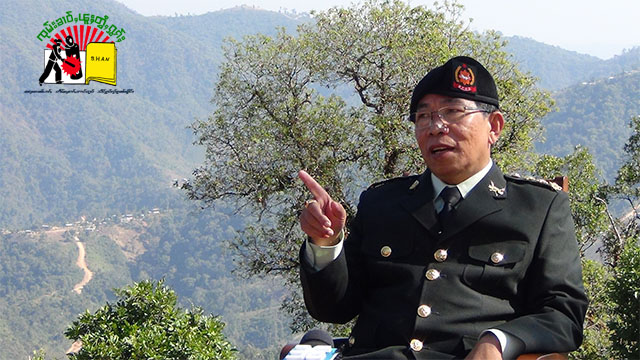
According to the latest reports, some 80 junta’s military camps, big and small, have been overrun, with a hundred junta’s troops killed, many wounded and a large amount of weaponry sized.
In this conjuncture many well-meaning organizations and people, Shan and non-Shan alike, are asking what the Shan armies, SSPP and RCSS, are doing and whether they intend to be part of the civil war, popularly known as the “Spring Revolution”, since the military junta staged a coup d’etat in February 2021.
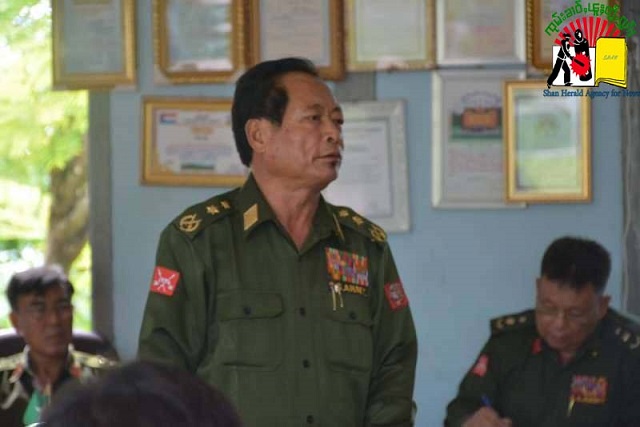
A few critical questions need to be asked to determine what the two Shan armies might have in mind.
First, what is the political goal of the Shan armies?
Both have started out with the total independence aspirations but now have settled for a genuine federal union.
Second, what is their political outlook?
The RCSS want national democracy, while the SSPP may still be inclined for people’s democracy according to the communist ideology of 1990s. The latter also want to struggle together with the non-Shan ethnic armed organizations (EAOs) or ethnic revolutionary organizations (EROs), under Federal Political Negotiation and Consultation Committee (FPNCC), while the former is bent on finding a solution through Nationwide Ceasefire Agreement (NCA)-based negotiation process.
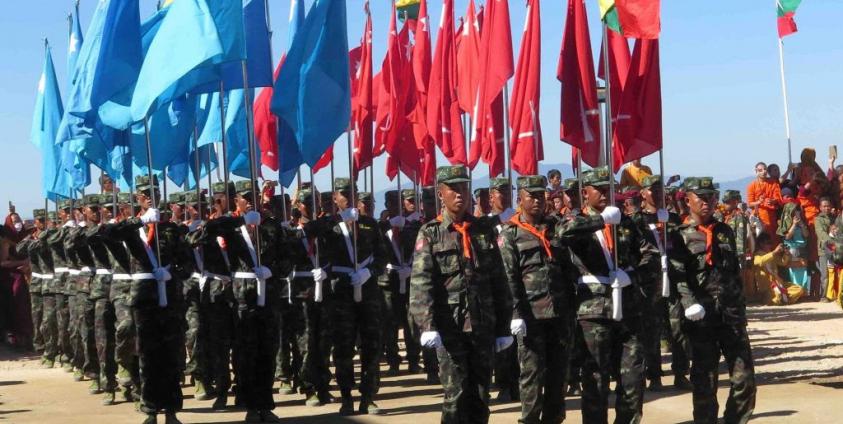
Third, why are the two Shan armies at loggerheads?
Territorial gain and territorial dispute are the two main factors, but personal rivalry of the two Shan faction leaders may also play a role. Apart from that it is not in the interest of the the United Wa State Army (UWSA) that the two Shan armies become united. And since the SSPP and UWSA have adjacent territories and rely on each other in many aspects from security to economy, the former can’t be so accommodative to Shan unity, as their relationship might turn sour.
Fourth, how do the two Shan armies view the Spring Revolution?
Both, although not making it public, see that the Spring Revolution is the power struggle between the two Bamar groups, the National League for Democracy (NLD) and the junta or State Administration Council (SAC). The RCSS is bent on making a deal with the SAC, while the SSPP is on a wait-and-see mode, the same as the UWSA and Mongla or National Democratic Alliance Army (NDAA), to make the best out of it without committing their troops in a head-on confrontation mode. Winning without fighting the war mode of thinking from Sun Tzu’s “Art of War” perhaps.
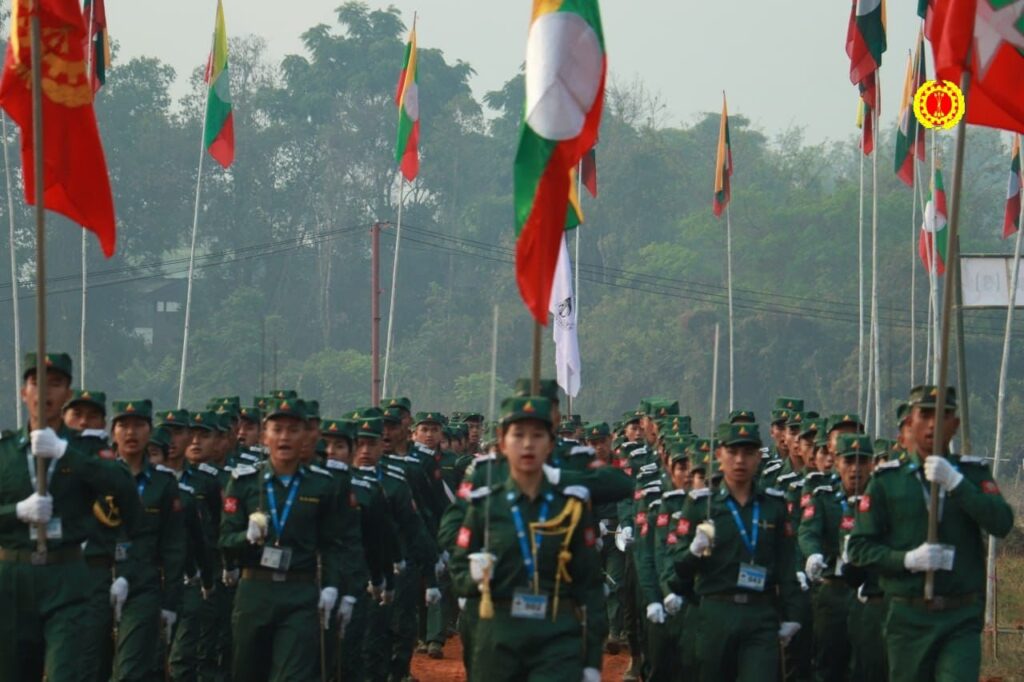
Other than that, they don’t see the Bamar population uprising as an opportunity to take advantage of and heap in more support to end the military’s tyrannical rule, and eventually rebuild a more equitable and fair federal democratic union for all to live in harmony.
Analysis
Thus, the question of whether the two Shan armies will join the civil war fray or the Three Brotherhood Alliance’s “Operation 1027” may be answered as quiet remote.
The problem being the disunity of the two Shan armies and it is against the will of the UWSA, head of the FPNCC. Besides, the UWSA and NDAA are not for armed confrontation as both have benefited from the so-called “ceasefire capitalism” and thriving without fighting. The SSPP being the FPNCC member and close to the UWSA will likely also toe the line.
As for the RCSS, its mind is made up to cut the deal with the SAC, either because of Thailand’s pressure or sincerely believes that peace negotiation is the only way or considers that the SAC can’t be beaten, which in end effect means no war and thus won’t join the civil war fray.
For now the wishful-thinking of those that the Shan armies would join the fight together with the Three Brotherhood Alliance in its Operation 1027 won’t materialize in the near future. But who knows, if the regional big brother across the border get fed up with the SAC for its inability to govern and opts for the regime change in Naypyitaw, or the revolutionary tide rises higher than this, they may reconsider otherwise.





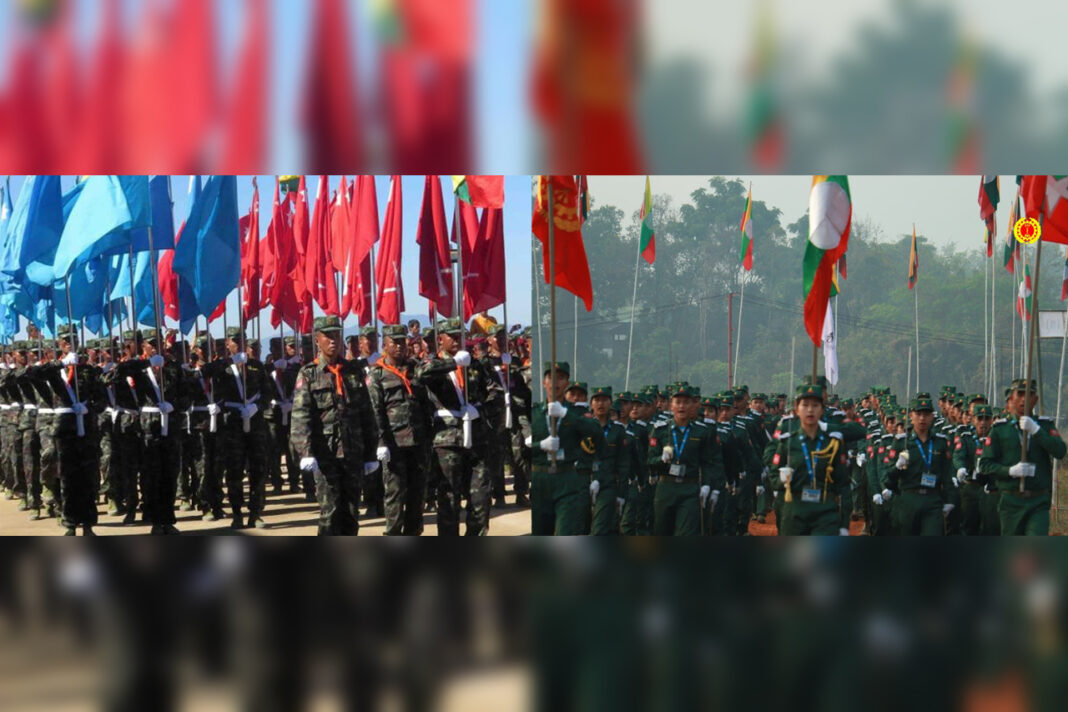
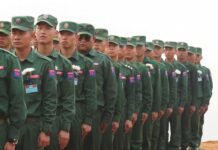
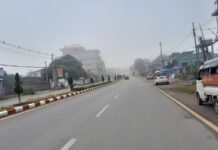

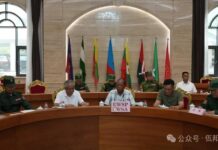
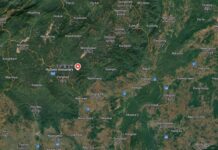






Leave a Comments